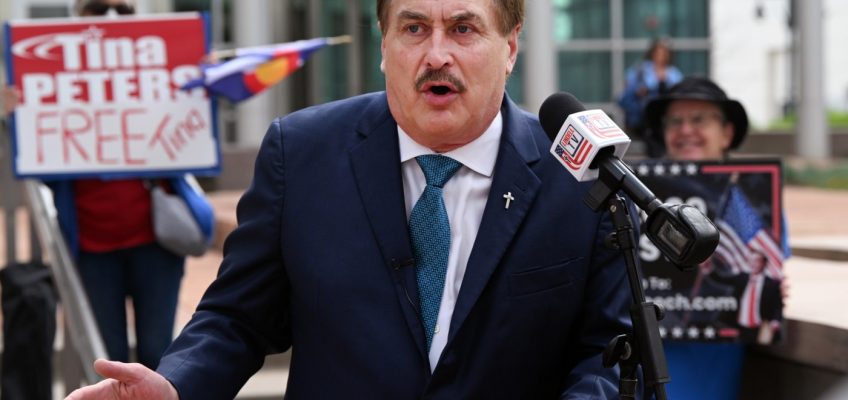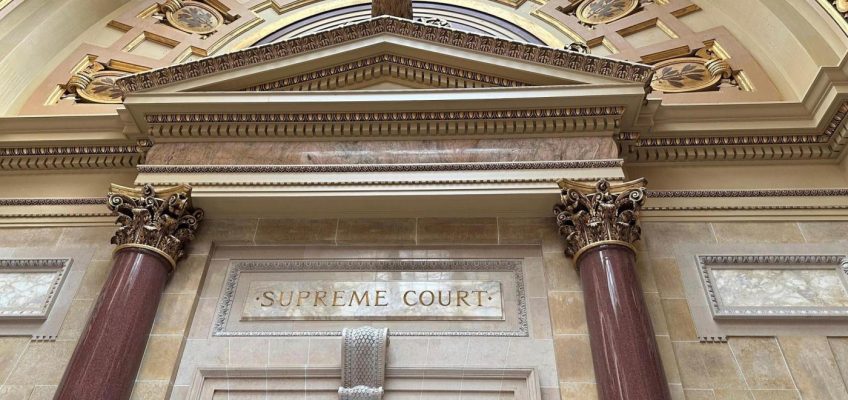MyPillow CEO Mike Lindell has filed paperwork to run for Minnesota governor as a Republican in 2026.
The businessman and noted supporter of President Donald Trump filed candidate paperwork with the Minnesota Campaign Finance and Public Disclosure Board on Wednesday.
He joins a crowded field of candidates seeking the GOP nomination to face Democratic-Farmer-Labor Gov. Tim Walz in next November’s election.
Lindell, 64, said he wasn’t certain he would run yet, but that it was highly likely.
“I’m 95, 98 percent there,” he said in a phone interview. “I will be making an announcement one way or another next Thursday.”
Campaign staff said they filed paperwork as a legal precaution and that they would close the committee if Lindell decided not to run.
First known for his pillow business, Lindell became one of Trump’s most visible supporters during the president’s first term in office.
In recent years, Lindell has faced legal troubles stemming from his business and claims of fraud in the 2020 presidential election.
In September, a Minnesota federal judge ruled that Lindell had defamed election technology company Smartmatic by saying its voting machines helped rig the 2020 election, the Associated Press reported.
He also was found liable for defaming an executive of Dominion Voting Systems earlier this year.
Lindell said he would share more details about his priorities as a candidate at a news conference next week.
Other Republicans running for governor in 2026 include state House Speaker Lisa Demuth; 2022 gubernatorial candidate Scott Jensen, a doctor who rose to prominence for his criticism of state COVID policy; state Rep. Robbins; 2022 Republican endorsement contender Kendall Qualls, a former congressional candidate; and businessman Patrick Knight.
Asked if he had any concerns about the crowded primary field, Lindell said he had only heard of a few candidates.
“I don’t even know how crowded,” he said. “It doesn’t matter.”
Walz is seeking an unprecedented third consecutive four-year term as governor. So far, Walz is the only DFLer running for governor in 2026.
In a statement on Lindell’s potential candidacy, the Minnesota DFL called Lindell and Republicans “conspiratorial and extremist.
“He’s an out-of-touch salesman running to turn Minnesota into his next failed business,” Minnesota DFL Chair Richard Carlbom said in a statement.
Related Articles
Medical leave applications opening for Minnesotans who welcomed a child in 2025
MN leaders push back on Somali ‘scapegoating’ ahead of threatened immigration sweep
Treasury Department investigating claims MN fraud funded terrorists
Attorney Chris Madel seeks Republican nomination in MN governor race
How will Kaohly Her’s legislative career shape her leadership of St. Paul?




